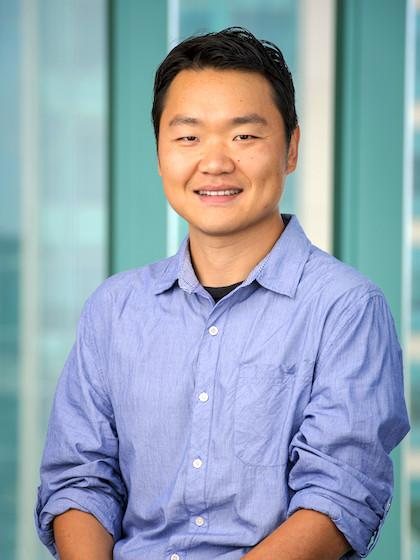Friday Synthesis Symposium Entitled:
Chemical Biology of Novel Covalent Protein Modification
Yonghao Yu
Our understanding of how the biology of various diseases relates to the central dogma that DNA encodes RNA, which encodes protein has been buoyed by rapid technological advances in DNA and RNA sequencing and has led to some of the first advances in personalized medicine. However, characterization of the final and arguably most actionable element of the central dogma, protein, has lagged behind. Among the various proteomic parameters, a comprehensive description of the landscape of covalent protein modifications in any given cell is particularly challenging. The entire repertoire of protein posttranslational modifications (PTMs) is enormous, with ~400 different known types, and many more unknown ones (i.e., the “dark proteome”). PTMs are inaccessible by genomic sequencing tools. Instead, they are almost exclusively analyzed by proteomic technologies. The functional characterization of a PTM event ultimately depends on the unequivocal assignment of the modification site. However, the chemical natures of PTMs are diverse, and many types of PTMs are not amenable to traditional proteomic technologies for site-localization with single amino acid resolution because they are, for example, labile, heterogeneous or low-abundance. We have developed a multidisciplinary program (i.e., chemical biology, quantitative-/chemo-proteomics, computation biology, biochemistry, molecular biology and animal models) towards the functional analyses of a number of important PTMs, including protein tyrosine sulfation, phosphorylation and Poly-ADP-ribosylation. We have been particularly interested in translating the mechanistic insights obtained from these studies towards novel therapeutic strategies against the relevant human diseases, including cancer, metabolic syndrome and neurodegeneration. Finally, besides these naturally occurring PTMs, we have been actively involved in developing covalent protein modification and novel chemoproteomic technologies, with the goal of expanding the “druggable proteome”. These efforts will also be highlighted in the seminar.

